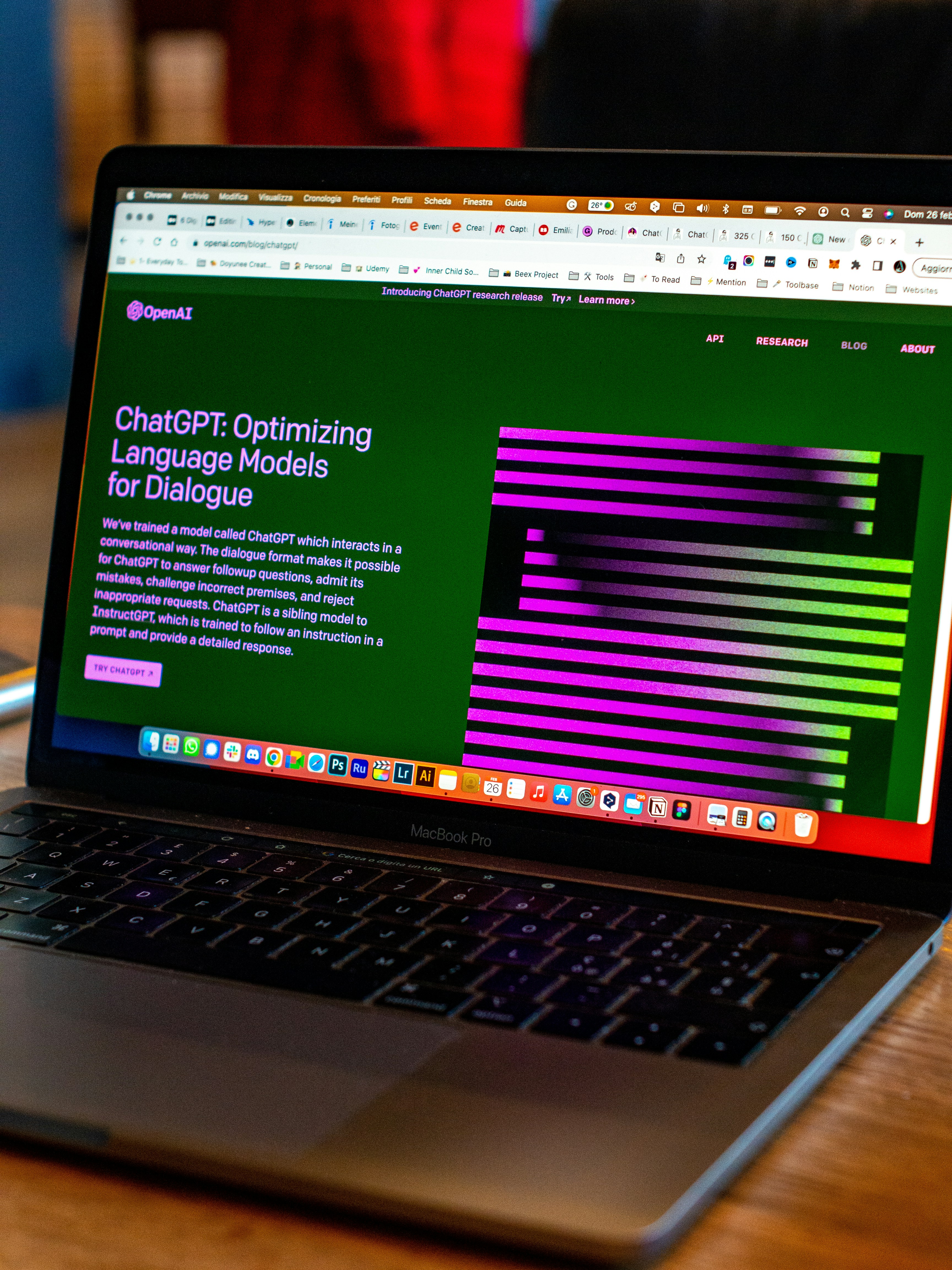The education and training sector is facing a profound reshaping of its models, driven by the evolution of learner expectations, the massification of digital content, the globalization of skills, and the heightened demands for pedagogical personalization. Whether in primary, secondary, higher, professional, or corporate education, traditional systems are now showing their limits in terms of flexibility, responsiveness, and adaptability.
In this context, artificial intelligence is positioned as a lever for structural transformation: it allows for the adaptation of educational paths to the individual profile of each learner, detects gaps in real time, automatically generates tailored content, supports educators in assessment and monitoring, and automates low-value tasks to refocus institutions on transmission, human support, and quality.
By acting on pedagogy, content, assessment, administrative management, and the learning experience, AI becomes a powerful instrument for democratizing knowledge, personalizing success, and continuously enhancing skills in a society where learning becomes permanent.
What NeuriaLabs brings to the education and training sector
NeuriaLabs supports educational institutions, training platforms, certification bodies, universities, companies engaged in upskilling their teams, and public stakeholders in charge of educational policy, in implementing intelligent systems for managing, disseminating, and customizing learning.
Our approach is centered on three fundamental principles: individualization, fluidity, and efficiency. We develop tools capable of understanding the learner's needs, proposing the most relevant content, guiding them in their progression, and measuring their achievements with precision at each stage. At the same time, we enhance institutions' abilities to track, anticipate, and adjust training paths at scale.
Our goal is to make educational ecosystems smarter, more inclusive, and more efficient, while respecting ethics, transparency, and data sovereignty.
Use cases in education and training
The use cases of artificial intelligence in the educational and pedagogical field are numerous and impactful at all levels:
• Dynamic adaptation of learning paths: real-time adjustment of content, exercises, and resources based on each learner's level, cognitive preferences, and pace of assimilation.
• Detection of dropout or fragility signals: early identification, through behavioral or performance analysis, of at-risk profiles for dropout, triggering alerts and mechanisms for targeted remediation.
• Automated grading and immediate feedback: assisted or automated evaluation of assignments, tests, or exams, with generation of personalized feedback promoting continuous progress.
• Predictive analysis of success or failure: modeling individual trajectories based on historical, behavioral, and contextual data, to anticipate needs for support, guidance, or adjustment.
• Automatic creation of educational content: assisted generation of explanatory texts, quizzes, visual aids, or summaries from a given corpus, allowing for diversified formats and reduced design times.
• Assistance by intelligent agents: provision of conversational agents capable of answering educational, administrative, or methodological questions continuously.
• Intelligent planning of programs and groups: optimization of the assignment of teachers, rooms, and training sessions according to logistical constraints and participant profiles.
Solutions developed by NeuriaLabs for the education and training sector
NeuriaLabs designs interoperable artificial intelligence solutions with LMS platforms, pedagogical management systems, digital learning environments (DLE), videoconferencing tools, or educational resource databases.
Our developments include, in particular:
• Adaptive learning path systems: AI-driven learning platforms capable of automatically recommending the most suitable modules, materials, or exercises for each learner, based on their skill level, objectives, and previous performances.
• Early dropout detection engines: predictive models utilizing connection logs, interactions, grades, and navigation behaviors to identify learners in vulnerable situations and propose personalized corrective actions.
• Automated assessment tools and semantic analysis of responses: intelligent grading of written submissions, analysis of the relevance of open-ended answers, evaluation of reasoning, and delivery of structured feedback.
• Virtual educational and administrative assistants: AI agents integrated into educational platforms, capable of answering questions about courses, deadlines, prerequisites, administrative procedures, or supplementary resources.
• AI-assisted educational content generators: tools allowing teachers or trainers to create, enrich, or rephrase educational content, exercises, or tests based on their existing resources.
• Decision-making dashboards for pedagogical management: real-time visualization of group dynamics, aggregated performances, identified risks, and action recommendations for teachers, coordinators, or academic leaders.
These solutions are designed with strict compliance with regulations regarding the protection of educational data, digital sovereignty, and ethical principles related to the use of artificial intelligence in a training context. They can be deployed in a secure cloud environment, in SaaS, or on internal infrastructure, depending on the constraints of the institution or organization.



